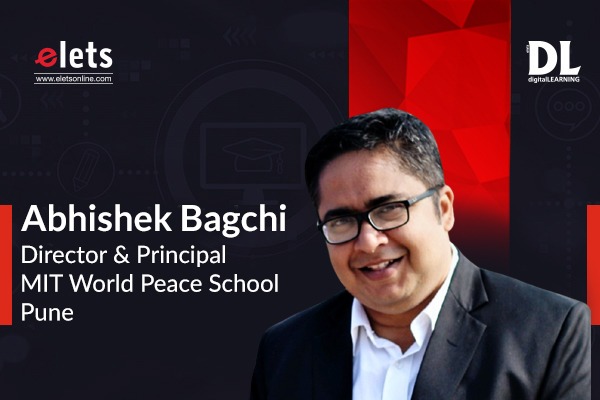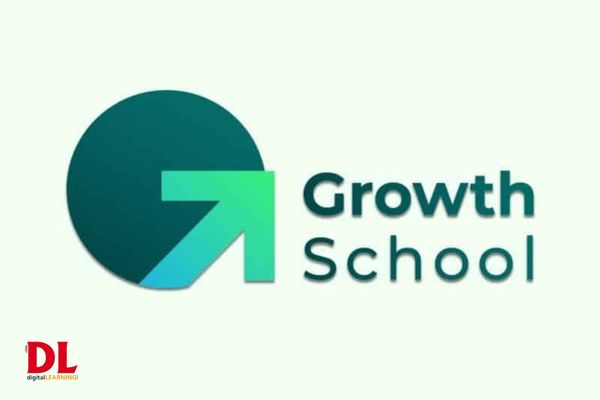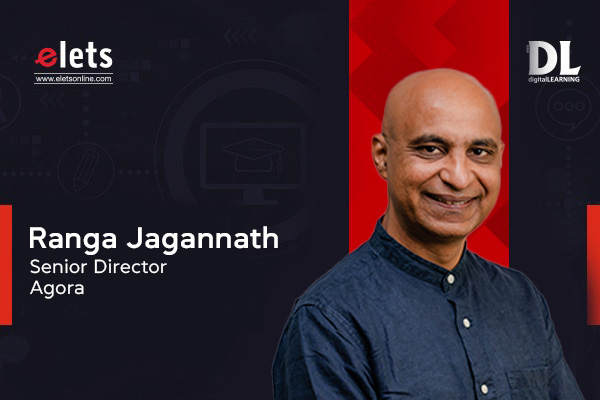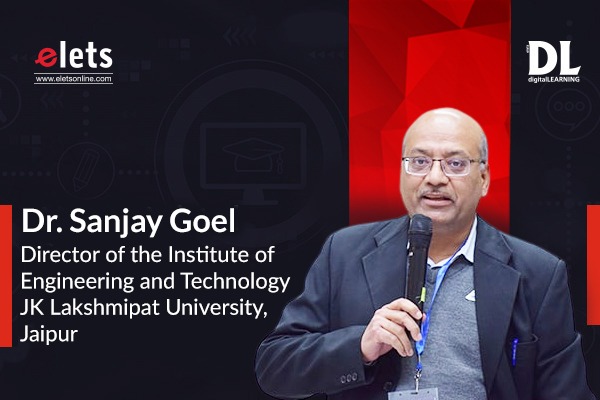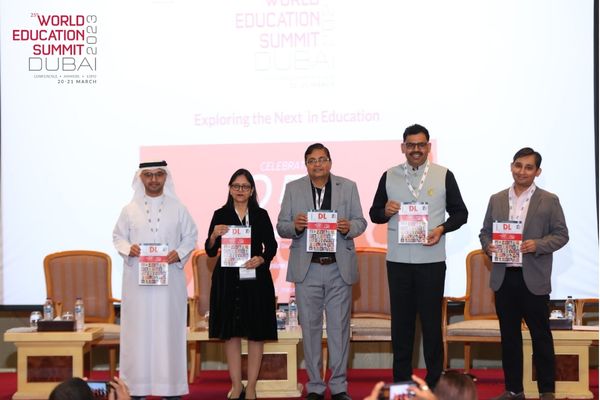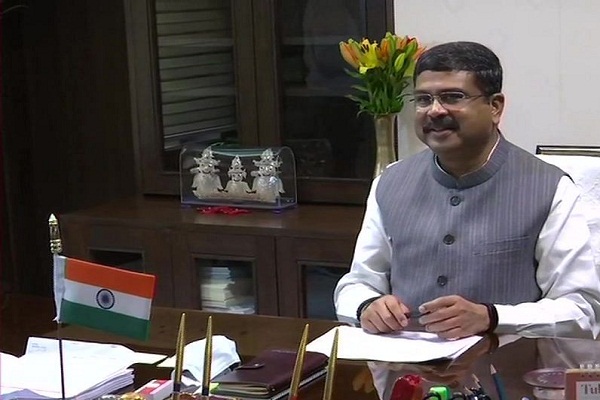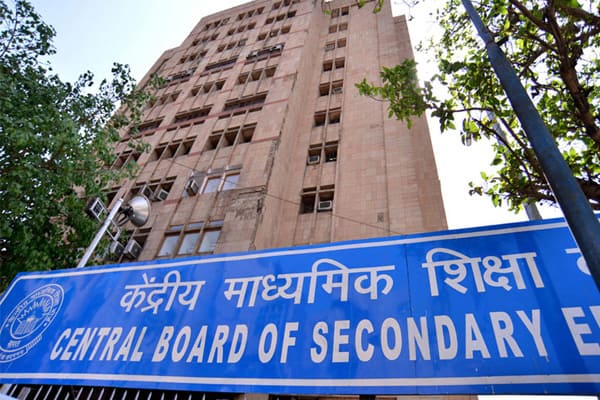World Peace School is formed with a similar mission and vision, to justify the legacy of MIT and carry the torch forward toward greater goals and aspirations. We are determined to create the able 21st Century glocal (global + local) generation with the right scientific as well as cultural mindset shared, Abhishek Bagchi, Director & Principal, MIT World Peace School, Pune in an interactive conversation with Sheeba Chauhan of Elets News Network. Edited excerpts:
Can you tell us about the history and background of MIT World Peace School, and what led to its establishment as a centre of scientific and educational research?
MIT or Maharashtra Institute of Technology is an organisation with a legacy of more than four decades. It has a widespan range of academic institutions that includes Universities, Colleges, Technical Institutes and Schools following different boards. MIT World Peace School is one such branch of schools with three units situated in Pune, Latur, and Indore at present.
World Peace School, established in 2018, is a state-of-the-art K12 institute with a 20-acre sprawling green campus with all the modern amenities required to run a 21st-century school.
The very foundation of MIT is based on the philosophy of a perfect amalgamation of science and spiritualisation. World Peace School is formed with a similar mission and vision, to justify the legacy of MIT and carry the torch forward toward greater goals and aspirations. We are determined to create the able 21st Century glocal (global + local) generation with the right scientific as well as cultural mindset.
What initiatives have you implemented to promote peace education and create a positive school culture, and how have these initiatives been received by the students and staff?
Peace comes when we reach at a level of self-actualisation and take ownership of our learning and actions. At MIT World Peace School, we have created an environment where instead of reprimanding the mistakes, we correct them and learn from them. In our school, our students are free to approach the seniors with any query, ideas, or views. This open-door policy for all staff and students has created a beautiful positive culture and helped peace establish. The green environment is supported by the complete ban on plastics within the campus followed by gardening and farming by the students themselves.
Students and staff at our school converse without any fear or doubt in their minds. This enables them to think beyond learning which is an automatic intrinsic process. We celebrate the process and encourage the installation of a research mindset among all our WPS members.
MIT came up with Bharat Asmita National Awards to celebrate the contribution of iconic personalities from various fields. Your comments on this?
Bharat Asmita National Award, incepted in 2005 by MAEER’s MIT group of institutions inspired many generations of management gurus, people involved in mass awakening, and people at the forefront of Indian Parliamentary Practices for their meaningful contribution in the process of Nation Building.
For all of us, this is a certain medium of expression and surely inspiring thousands of MIT family members. The exposure and the recognition of the outcomes surely benefit all our students. It helps create a positive mindset among all our students and gives them the determination to contribute to the process of becoming better citizens of this country and this planet.
How does MIT World Peace School measure its success in meeting the long-felt need for a centre of scientific and educational research, and what are the future plans for the school in terms of growth and development?
Success is the result of the recognition that you get when no one is promoting your work. It is that extra minutes of claps you get when the whole crowd was supposed to end clapping. Our students at MIT World Peace School, learn in the right ecosystem where critical thinking and problem-solving are the order of the day. We are a strong believer in UNICEF Sustainable Development Goals and on that line, our students work on different problemsolving assignments. Three of our students made a working model of a Water Audit System that they presented in a National Level competition conducted by IIT Kharagpur. Their water management solution grabbed the top six positions among more than a thousand competitor schools from all over the world. Our students in World Peace School developed the maker space mindset where they approach problems and apply their critical thinking and scientific temperaments to find out innovative solutions. They even started exploring future technologies like Artificial Intelligence and using chatbots to analyse different outcomes of a problem.
The future of our students at MIT World Peace School is bright since we have not restricted them within a stipulated syllabus.
Each one of them is becoming an explorer, a researcher, and a scientist in their own right.
What initiatives does MIT Group have in place to support student learning and development, and how does the organisation foster a culture of innovation and collaboration among students, faculty, and staff?
Students learning and development are not limited to textbooks only at MIT World Peace School. As mentioned above, our students are learning to use all resources in their environment as a source of learning. They explore and innovate, never afraid to inquire and research.
At MIT World Peace School, we have designed initiatives like Marketplace where students make their own products and sale them to our parents and other visitors. Through this process, they are exposed to the true meaning of experiential learning and take the right ownership. The items they make are created using their own pocket money and they share the profit or loss among themselves.
Our assemblies are unique where students conduct the whole process without any teacher’s intervention. They conduct regular Yoga sessions, panel discussions and also a hotseat session when they get the chance of questioning the principal of the school.
In future we are creating a makerspace for students to explore, innovate and solve problems initiated during their academic classes. The space is transdisciplinary in nature where science, art and all other disciplines of learning are integrated. In addition to that we are even designing a Student Led Conference forum where students from the schools all over the country will come and participate in discussions related to the relevant topics of the present and future world.
MIT World Peace School students are getting ready for one of the most disruptive future that our next generation is going to witness. Some of our kids will even witness the 22nd century and will explore distant galaxies and planets. Quantum science, artificial intelligence, singularity, genetics and many other uncertain future transformations will be taken on a stride by our students of MIT World Peace School.






